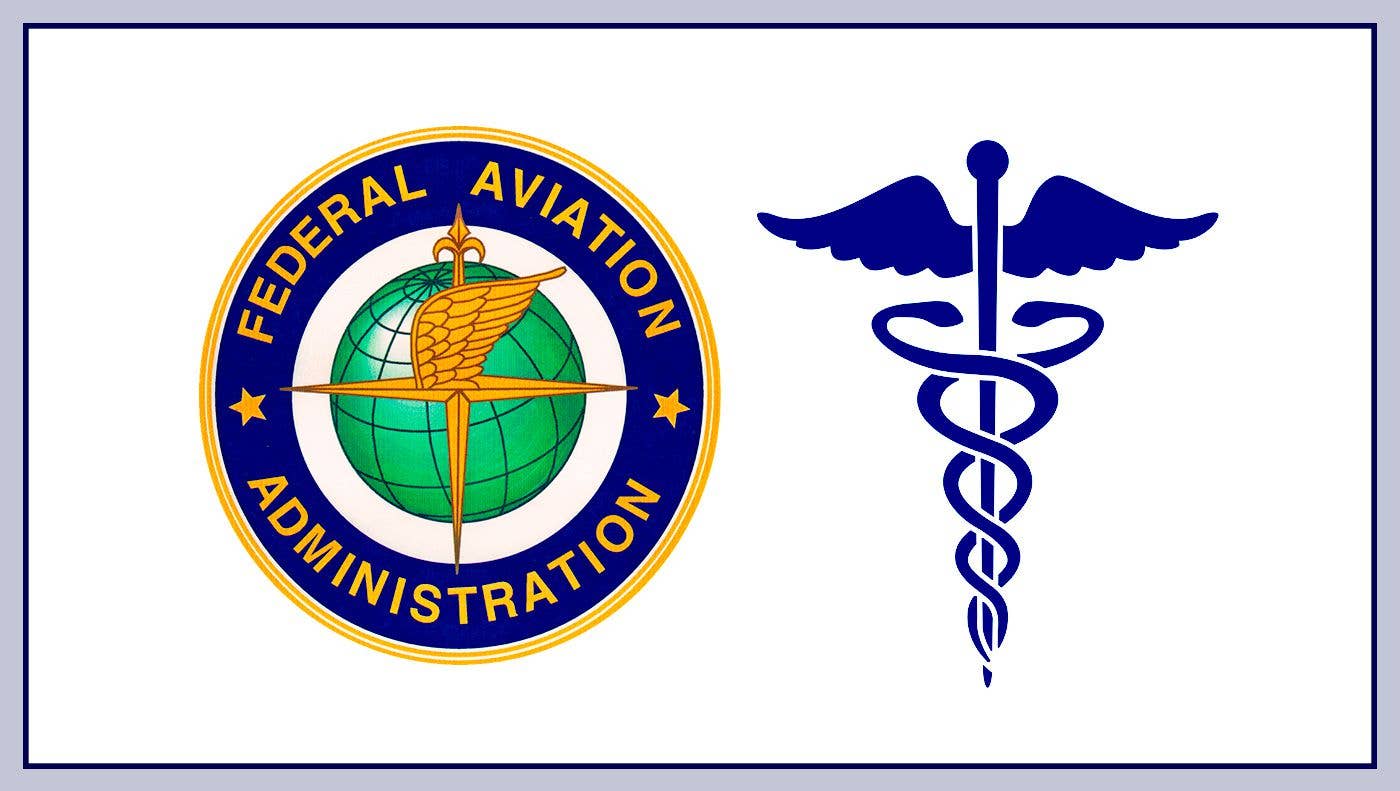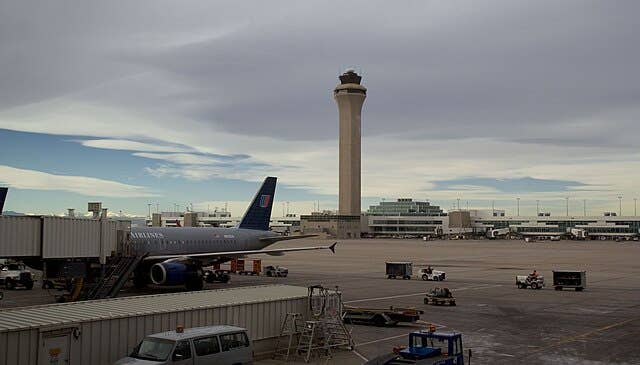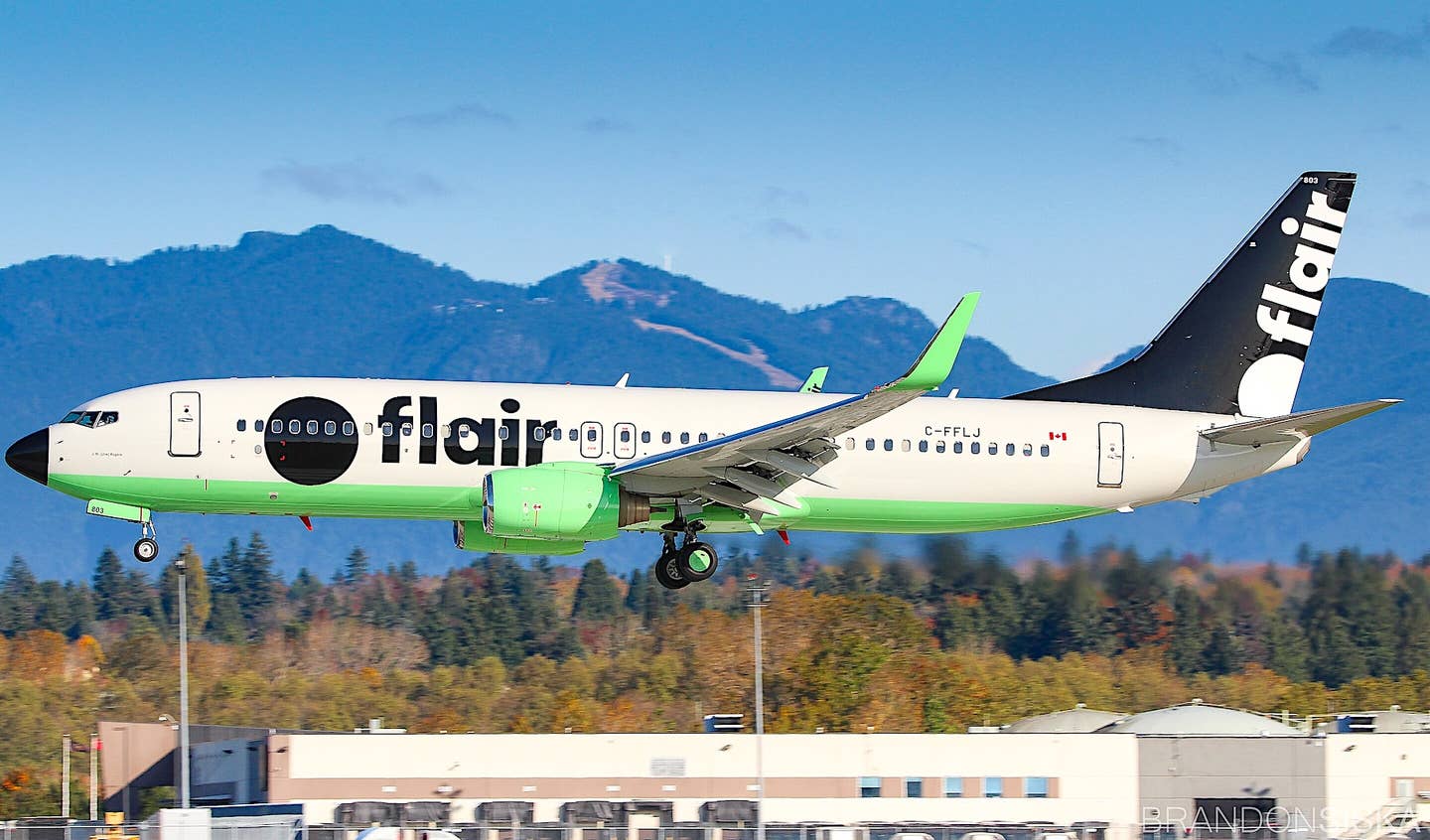FAA Report Says BasicMed Hasn’t Raised Accident Risk
The FAA says BasicMed is safe but it will continue to monitor its impact on GA. The agency sent a report to Congress on March 10 based on a study…

The FAA says BasicMed is safe but it will continue to monitor its impact on GA. The agency sent a report to Congress on March 10 based on a study of aviation activity and accident data accumulated in the first three years after the relaxed medical standards for recreational pilots went into effect in January of 2017. "The FAA determined that while BasicMed did not impact small aircraft activity, it also did not significantly impact aviation safety," the report said. "No difference was found in the risk of BasicMed and third-class airmen having an aviation accident from the start of BasicMed in 2017 through the end of 2019."
While the accident rate didn't go up under BasicMed, the report says its implementation also hasn't been much of a boost for the industry. "The implementation of BasicMed does not appear to significantly reduce the slow long-term decline in the number of active GA pilots. Estimated aircraft flight hours demonstrate an equivalent rate of growth both before and after the implementation of BasicMed," the report said. It also noted that those using BasicMed "are much more likely to have required and Special Issuance" and that "reflects a potentially elevated risk of incapacitation among the BasicMed population in the context of reduced FAA oversight."
AOPA appears to challenge the FAA assessment of the effects of BasicMed on overall GA activity. "The number of individuals holding a private or student pilot certificate in the United States has climbed from 584,000 in 2016 to nearly 757,000 today, a 30 percent increase," AOPA said in a statement reacting to the report. "According to the FAA report, the total number of aircraft hours flown by pilots under BasicMed increased from over 15 million in 2017, the year FAA implemented BasicMed, to over 16 million in 2019." AOPA also said the overall GA accident rate is "at its lowest level in decades" according to NTSB data.






